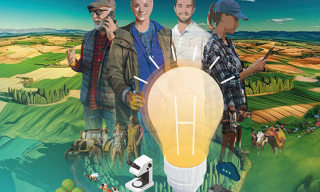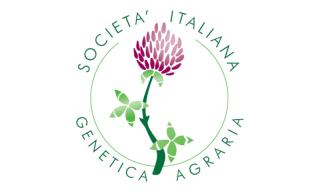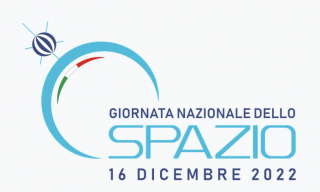“Caring for the planet starts from the ground: towards the prevention and reduction of soil pollution and contamination” 5th GLOBAL SOIL PARTNERSHIP PLENARY ASSEMBLY Side event
The term “soil pollution” refers to the presence of a chemical or substance out of place or present at higher than normal concentrations that has adverse effects on any nontargeted organism. This definition includes the concept of “soil contamination”, which occurs when the concentration of a chemical or substance is higher than would occur naturally but is not necessarily causing harm. Contaminants can enter soils from a variety of sources including agricultural inputs, atmospheric
The term “soil pollution” refers to the presence of a chemical or substance out of place or present at higher than normal concentrations that has adverse effects on any nontargeted organism. This definition includes the concept of “soil contamination”, which occurs when the concentration of a chemical or substance is higher than would occur naturally but is not necessarily causing harm. Contaminants can enter soils from a variety of sources including agricultural inputs, atmospheric
deposition, flood and irrigation water, accidental spills, inappropriate urban waste, and other means. Negative consequences may include plant toxicities and subsequent productivity declines, contamination of water and off-site areas through sediment transport, and increased human and animal health risks through accumulation of contaminants in the foodchain. At the purpose of promoting the practice of sustainable soil management (SSM) as a mean to preserve soil functions and the ecosystem services, the FAO Council endorsed the Voluntary Guidelines for Sustainable Soil Management (VGSSM) in December 2016. The guidelines address ten soil threats including soil contamination and contribute to the overall achievement of the Sustainable Development Agenda 2015-2030 (particularly, SDGs 2, 3 and 15). This seminar constitutes the first step towards the implementation of the VGSSM, particularly its chapter on soil contamination. The seminar will review some scientific evidences from different countries and regions as an input for the Global Symposium on Soil Contamination to be organized in 2018. Panelists will discuss a roadmap for the development of knowledge-based guidance on this topic, considering the latest knowledge from soil research, the identification of research gaps, and the translation of knowledge into practical guidance.
The speech title of Ms. Annamaria Bevivino (ENEA) is: Why is soil biodiversity so important in keeping soil healthy? A case study in the Mediterranean area
| Attachment | Size |
|---|---|
| 2.72 MB |





